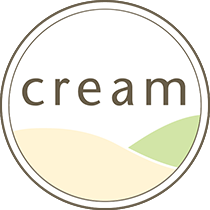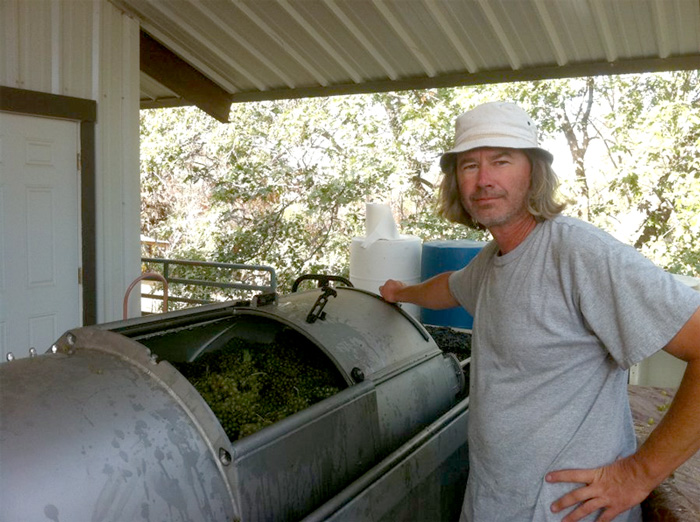La Clarine Farm
VISIT THIS PRODUCER'S WEBSITE
Country of Origin: USA
Location: Sierra Foothills
People: Hank Beckmeyer & Caroline Hoël, Owners | Hank Beckmeyer, Winemakers
Viticulture: Practicing Biodynamic
Items
Media Links
Chefs Feed: Water for Chefs - Cara Chigazola - Tobin, Oleana, Cambridge
Vinography.com: California's Most Interesting Wines: Tasting the 7% Solution
Vault29: #Intoxicating Ruminations: Punk #Wine of the Peasants
The Feiring Line: Interview with Hank Beckmeyer of La Clarine Farm
Wine Terroirs: La Clarine (California)
Hawk Wakawaka Wine Reviews: 26 Hours in El Dorado
Wine Enthusiast: The Sierras' Rhone Warriors
Food Republic: Cult California Wine With A Zen Premise
SFGate: Vigneron lets nature be the winemaker
La Clarine Farm is the vision of Hank Beckmeyer and Caroline Hoël. Hank and Caroline met in Europe when Hank was touring with his band Half Japanese. Caroline is from Lyons, France. Together, they moved to Germany and worked in the music industry. The wine bug bit Hank while living in Europe. He developed a palate for natural wines, or wines which express little to no influence of the winemaker. From time in Ardèche and Savoie, Caroline had learned to make cheese. What goes better hand in hand then wine and cheese? In 2001, Hank Beckmeyer and Caroline Hoël left Europe to start La Clarine Farm on ten acres of wilderness in the Sierra Foothills.
Organic from the beginning, they purchased goats for La Clarine cheese and planted vines. (Caroline has since stopped making cheese, but they still have goats.) The vines were and still are planted from seeds or cuttings and grown on their own roots. Today, La Clarine Farm has about 2.5 acres of Tempranillo, Tannat, Syrah, Mourvedre and Cabernet Sauvignon. The head-trained vines grow alongside flowers and grass.
For a few years, the farm was certified biodynamic until Hank read The One-Straw Revolution. Written in 1975 by Japanese rice farmer Masanobu Fukuoka, the book preaches an idea called “do nothing” farming. According to Beckmeyer, “[The book] encapsulates the same ideas as biodynamics but is unburdened by the feeling that farmers need to always 'do' things to make the plants grow." Today, Hank is a minimalist in the vineyard as well as in the cellar with no viticulture certification.
In the vineyard, Hank does not plow, use herbicides, use pesticides or use fertilizer. He irrigates a few times a year because the soil is not very deep. He also prunes the vines in the winter and some excess shoots in the spring. Fruit is rarely removed. The vines are pretty much left alone to grow as they please.
In the cellar, Hank does not use any additives during fermentation. All fermentations are natural, with native yeast, without temperature control and occur at a natural pace. For example, he has had some fermentations stop in the winter and begin again in the spring. He does nothing to prevent this timeline. None of the red grapes are destemmed. Pigeage is used before pressing. Wine is rarely racked off the lees. Only a small amount of SO2 is added at bottling; bottling occurs straight from the tank. Neutral vessels are mainly used for fermentation and aging. Small amounts of aged oak are sprinkled into the mix.
In addition to La Clarine Farm, Hank’s winemaking experience includes time at Hank Terre Rouge in Plymouth and assistant winemaker at Sobon Estates.

